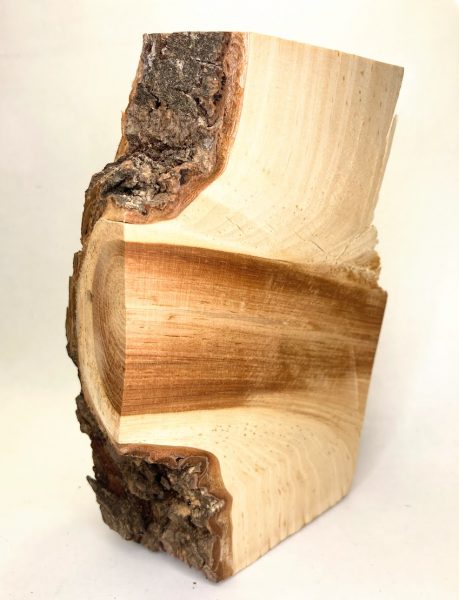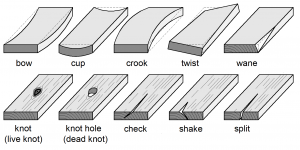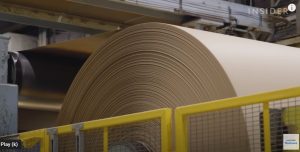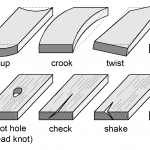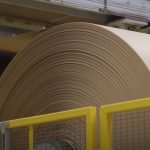Wood can be classified as an engineering material due to its unique combination of mechanical, physical, and chemical properties. As an organic material, wood is renewable and biodegradable, making it an attractive choice for sustainable engineering applications. Wood has a high strength-to-weight ratio, making it a lightweight yet strong material for construction and other applications. It is also an excellent thermal and acoustic insulator, and it has good dimensional stability, meaning it resists warping or shrinking due to changes in moisture content. Additionally, wood is easy to work with using common woodworking tools, allowing it to be shaped and formed into a variety of structures and products. These properties make wood a versatile and valuable engineering material for a wide range of applications.
